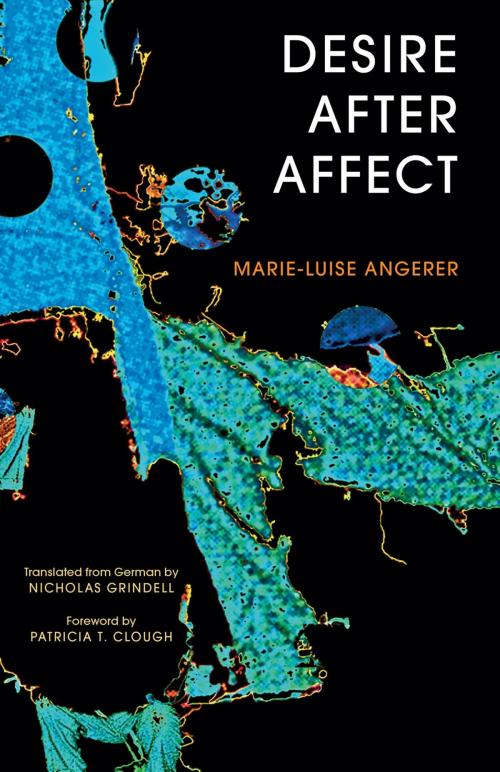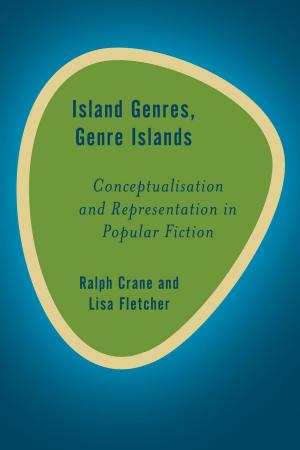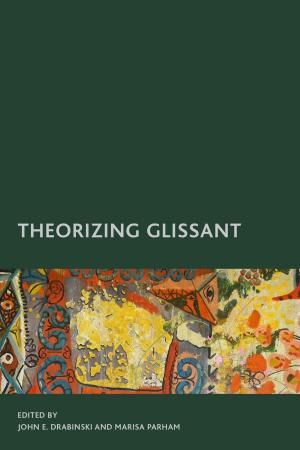Desire After Affect
Nonfiction, Computers, Advanced Computing, Theory, Fiction & Literature, Literary Theory & Criticism, Religion & Spirituality, Philosophy, Mind & Body| Author: | Marie-Luise Angerer | ISBN: | 9781783481323 |
| Publisher: | Rowman & Littlefield International | Publication: | November 24, 2014 |
| Imprint: | Rowman & Littlefield International | Language: | English |
| Author: | Marie-Luise Angerer |
| ISBN: | 9781783481323 |
| Publisher: | Rowman & Littlefield International |
| Publication: | November 24, 2014 |
| Imprint: | Rowman & Littlefield International |
| Language: | English |
Desire is a term often used in conjunction with the subject. This desire is directed towards the real, which is defined as the generic core of the linguistic order. As a result of the focus on affect, the three terms—desire, the subject, the real—have been fundamentally shaken up and called into question. Affect, in various forms, is now a matter of concern across a wide range of disciplines including neuroscience, psychology, the humanities, and social sciences. All of these fields have a declared interest in affect, in emotions and sensations, in pathos, passions, and the senses.
Desire After Affect argues that this affective euphoria cannot be explained solely in terms of a repression of language, logos, and reason. It argues that the affective turn is symptomatic of a fundamental shift in modes of thinking about the human condition. It explores what this means for the human and the posthuman, animal and machine, and calls for a new theory of subjectivation, a philosophy of media affect.
Desire is a term often used in conjunction with the subject. This desire is directed towards the real, which is defined as the generic core of the linguistic order. As a result of the focus on affect, the three terms—desire, the subject, the real—have been fundamentally shaken up and called into question. Affect, in various forms, is now a matter of concern across a wide range of disciplines including neuroscience, psychology, the humanities, and social sciences. All of these fields have a declared interest in affect, in emotions and sensations, in pathos, passions, and the senses.
Desire After Affect argues that this affective euphoria cannot be explained solely in terms of a repression of language, logos, and reason. It argues that the affective turn is symptomatic of a fundamental shift in modes of thinking about the human condition. It explores what this means for the human and the posthuman, animal and machine, and calls for a new theory of subjectivation, a philosophy of media affect.















